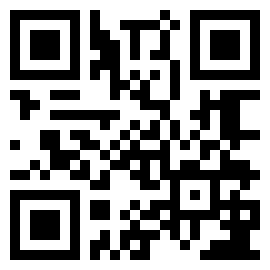
Spoiler alert—it’s easier than you think to get started.
Research shows us that there are real benefits to writing life stories and that even small amounts of time spent writing in reflection can have significant and positive effects on our lives both physically and mentally1. Some researchers even believe “that by writing and then editing our own stories, we can change our perceptions of ourselves and identify obstacles that stand in the way of better health.”2
Journaling or writing a diary of personal life stories and experiences can:
- Evoke mindfulness – writing and recollecting focuses the mind past the stresses of the day3
- Increase memory capacity4
- Lower Rumination and Depression symptoms5
- Help find meaning, value and a sense of self-worth6
- Potentially increase IQ – writing can help build and refine your vocabulary and has a positive correlation with intelligence7
In my life, keeping a journal is something I’ve done mostly at pivotal, experiential and meaningful points in my life – such as when I studied abroad or when I travel for fun. However, over the last several years, I started realizing how many other meaningful times there have been in my life that went mostly unrecorded. When we started building the foundation for our life story journal app,
MemLife
, we discovered the feature we thought would be most important – to be able to create a book of someone’s life stories as simply as possible.
Over the last year, I’ve spent a lot more time building MemLife than working on my own story, so while I’d fleshed out an outline of my life, there wasn’t a whole lot of meat to it yet. During the past five days, I’ve been feverishly working on my own Life Book. We have an event coming up and want to show a physical copy to demonstrate how easy it can be produced.
Here’s what I learned over the last several days:
- It’s not overwhelming to start – it’s fun. The writing and hunting for photos to embellish the stories is a rewarding process.
- Previously written journals or notes can go a long way. Transcribing notes from travel, etc. wound up filling up many pages of my book.
- It’s more fun to do one small story at a time as opposed to plowing through an entire decade in one sitting.
- There is much more to your life that is worth preserving than you can imagine at the start
- Memories become unlocked as your story progresses and there is a natural desire to return to continue the writing
- The process is much different than writing on Facebook. There are no inhibitions since you know it won’t be publicly viewed. You can be yourself and you don’t have to edit or worry about what anyone might think.
- I developed a sense that I was creating something meaningful that my daughter will love to read one day
Whether you choose a typewriter, pen and paper or an app like MemLife, the process of leaving something meaningful behind is a rewarding hobby that can be done in a short span of time, or over the course of a lifetime. We’re fascinated by how something so simple could positively affect health and hope to continue to explore these benefits as research progresses. For a deeper dive into the positive aspects of story writing and the research behind it, you may want to read this article at the New York Times “Writing Your Way to Happiness”.
To learn more about the story behind why we built MemLife and some helpful tips to recording your own story, check out the second article in this series “Why We Built MemLife: An App for Life Stories & Family History“. To check out MemLife,
visit the website or the App Store / Google Play.


